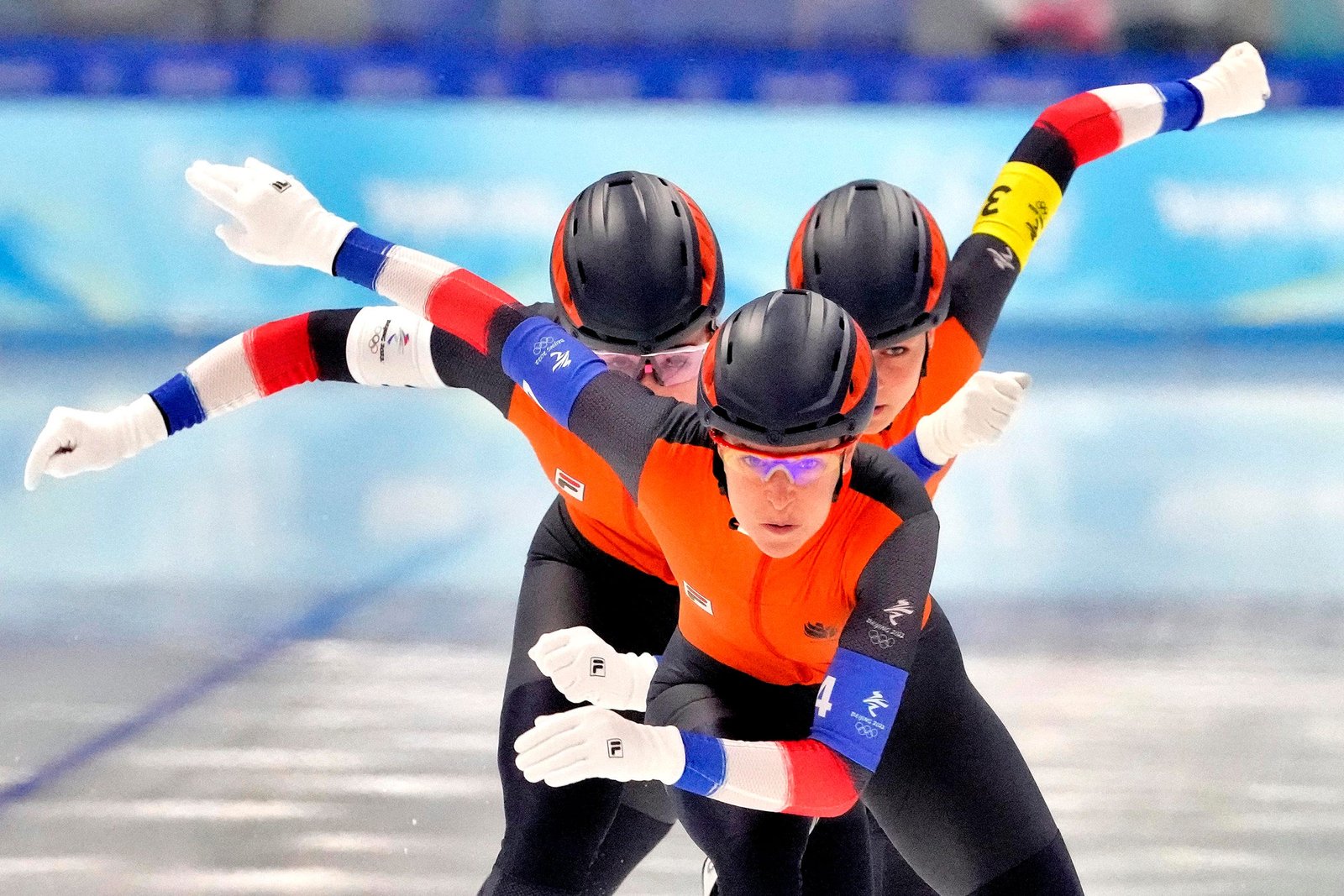The word “Democracy” is usually ascribed with an inherent positive value. But as any other human invention it is a fallible system and not everything needs to be democratic. The Olympic Games might be one example of this.
The Olympic Games hosts are selected through a system where candidate cities put bids together and compete against each other for the votes of the Olympic members.
Olympic members are not the National Olympic Committees but rather a group of over 100 individuals from around the world -roughly half are former Olympians themselves.
These individuals do not have to represent their countries, regions or other identity groups but rather seek for the benefit of the Olympic movement, sort of a trust board. It is not a bad idea – corporation around the world work this way and a system that rewards virtue and diversity is good.
The bidding process approved at the 134th IOC session in 2019 changed the bidding system starting with the 2032 Summer Olympic Games where instead of the usual confrontative system, a new system where “Future Host Commissions” -made up by a few, diverse Olympic members- would be established to execute a “permanent, ongoing dialogue”.
In other words, the Olympic host selection is now set to be selected in an arbitrary way where few individuals will assess what is the best option for the Olympic Games. It is no surprise that this system has been criticized, for example in Germany (The Guardian) as non-transparent.
“Transparency” is indeed another word that is usually taken for granted as inherently positive and certainly it is an important value within democracy but when a system is not democratic because it has chosen instead to be more efficient and actually reduce corruption, then it is a positive thing, as long as the bottom-line values are clearly identified and justified.
The previous system was maybe more democratic and transparent, but it led to millionaire expenses of public funds to scrapped Olympic bids (see Calgary – CBC) and abhorrent cases of corruption (see Salt Lake City 2002 – New York Times) so when that system fails you try to make it better.
And the targeted, eco-friendly bid of Brisbane 2032 might be a good thing. Time will tell.




